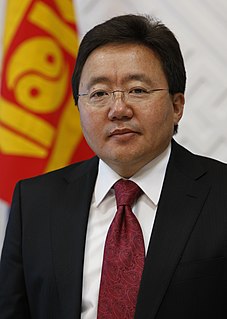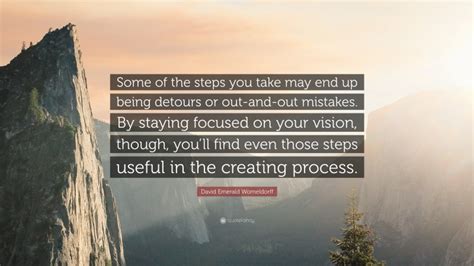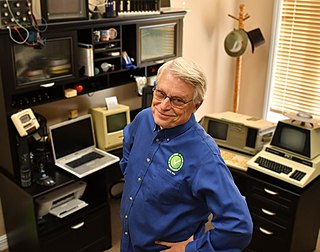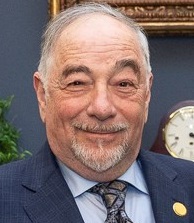A Quote by Stephanie Coontz
Throughout history, people with few educational or economic resources and little bargaining power have often looked to authoritarian, ruthless people to stand up for them.
Related Quotes
It's very important to understand that 21st century authoritarian rule does not look like 20th century authoritarian rule. You're not going to have people in parade ground formations. You're not going to have a police state. You're not going to people with decorative armbands bullying people on the sidewalks. And the leaders won't stand at microphones for hours ranting at people. All of that is so 80 years ago.
I am here because libraries and museums are singular and important institutions with unique contributions to make to our nation. But more importantly, I am here as an advocate for children and families, for healthy communities, for economic development, for scholars and researchers, for individuals who seek educational and informational resources throughout their lives.
We have seen violence and terror perpetrated by those who profess to stand up for faith, their faith. Professed to stand up for Islam, but in fact are betraying it. Humanity has been grappling with these questions throughout human history. And lest we get on our high horse and think this is unique to some other place, remember that during the Crusades and the Inquisition people committed terrible deeds in the name of Christ.
If human nature does alter it will be because individuals manage to look at themselves in a new way. Here and there people - a very few people, but a few novelists are among them - are trying to do this. Every institution and vested interest in against such a search: organized religion, the state, the family in its economic aspect, have nothing to gain, and it is only when outward prohibitions weaken that it can proceed: history conditions it to that extent.
The resources you happen to accumulate, what do you do with them? You can spend the money and buy some houses or whatever, and people do some of that and that's fine. You can give the money to other people, your family, but usually when you do that you screw them up and it ends up counterproductive. Or, you take those resources and reinvest them in things that you believe in, and that could be reinvesting in a philanthropic cause.



































